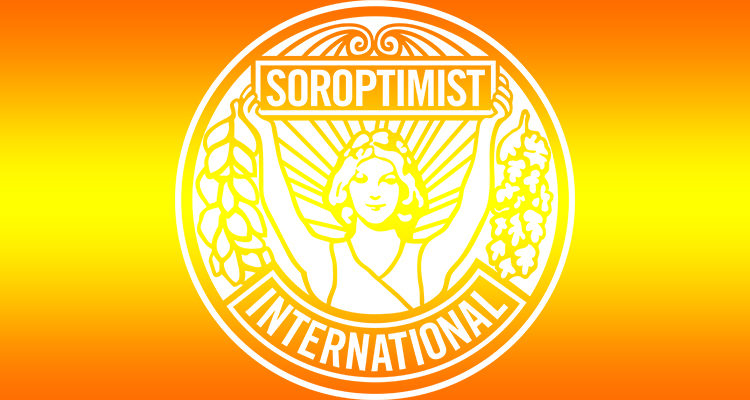A blog by SI UN Representative in Paris, Marie-Christine Gries.
“The concept of ‘Open Science’ is one of the most important and innovative ideas adopted by the General Conference for UNESCO. Open Science is a movement whose objective is to make the advances and results of scientific research universally accessible”(INSERM definition). The concept is supported at international level by scientists who want to see an end to the compartmentalisation that still prevails in scientific circles, penalising young researchers, amateurs and users who are least equipped, those who lack the means to access research conducted in the richest regions.
The scientific world is still marked by habits of distance from the public, leading to the non-dissemination of information in a form accessible to the uninformed. This leaves the field free to fanciful interpretations, unobjective, sometimes harmful misinformation which can carry dangerous prejudices. Secrecy is a common practice among researchers, each of whom protects his or her rights to his or her discoveries and their potential market value. The nationalistic politics of States reinforces this position. Breaking with these centuries-old traditions by agreeing to share information could result in a rapid progression of current research.
The Partnership for the Development of Open Science was created by non-governmental scientific organisations and adheres to the basic principle that science is a common good which should benefit all. Therefore, Open Science aims to democratise science and share discoveries and research with as many people as possible. The adoption of this principle should eliminate the malfunctioning of communication between experts and promote cooperation between teams. Open Science can also have a positive impact on the consideration of traditional knowledge.
To ensure the protection of the professionals, amateurs, and organisations concerned, it is necessary to specify rules and principles for the use of Open Science. These principles should derive from the recognition of common values across the countries, disciplines and persons concerned. A high-level, multidisciplinary advisory committee will be established by UNESCO to develop a normative instrument, in the form of a recommendation to be voted on at the next General Conference in 2021. The advisory committee will not only act as an expert and strategic advisory body but will also help to raise funds and ensure that the steps in the process are carried out. It will play a role in strengthening the Partnership for open science to ensure its geographical representation, the inclusion of all disciplines and knowledge systems and will encourage experts to participate in regional and thematic consultations, while striving for geographical representation and gender balance. The committee will be constituted according to the same criteria of representativeness and balance. Finally, it will also be responsible for communicating widely on the importance of this recommendation and the work of UNESCO in this regard.
Women should be among the beneficiaries of Open Science. Making science more accessible to all should encourage girls to enter science courses. By publishing scientific information more widely at all levels, researchers will be able to overcome the obstacles raised by a world of science that is still highly sexist, with a tendency to recruit experts by co-optation, giving priority to men for access to the most advanced research. It is still not exceptional today that prestigious awards in the scientific field are unfair to women who have contributed to major discoveries. For women scientists, sharing information should improve their chances of sharing their own work and being valued.”
For further information, visit the UNESCO website.

